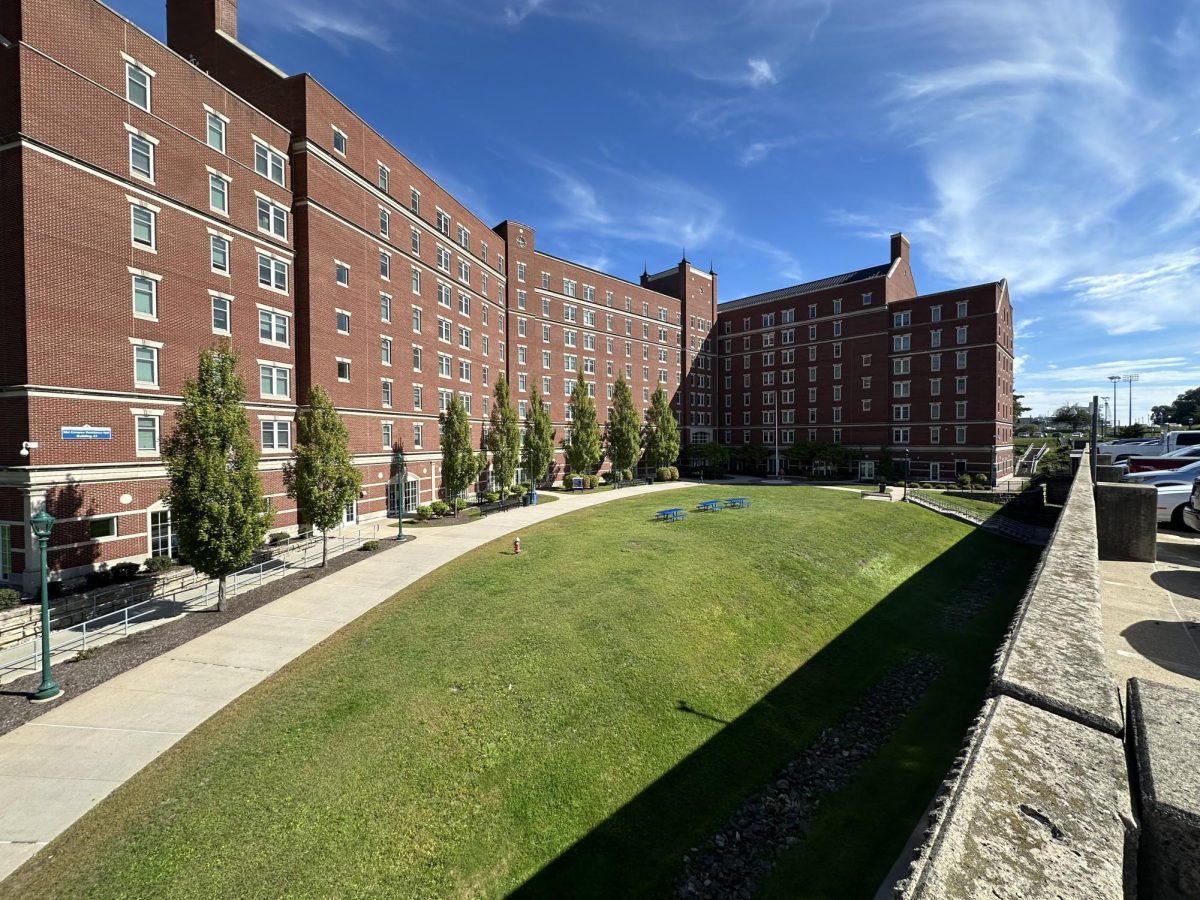By Matt Clyburn
University of Connecticut Interim President Philip E. Austin accepted the recommendations of a task force Thursday that will result in sweeping changes to university policy regarding the school’s unsanctioned spring weekend activities.
The accepted proposals include prohibiting dormitory guests for the entirety of the weekend, working aggressively to prevent non-students from entering the campus, as well as calling for a voluntary moratorium on spring weekend 2011 out of respect for the two students killed on campus during the 2009-2010 school year.
Jafar Karzoun, 20, died at Hartford Hospital last year due to injuries he sustained on the first night of spring weekend 2010. Jasper Howard, 20, was fatally stabbed in October 2009 after achieving a career high number of tackles and an important fumble recovery with the UConn Huskies football team in their homecoming victory over the Louisville Cardinals.
Spring weekend is an infamous tradition of revelry and debauchery that has spanned more than four decades at the university, taking place during the three days that precede final exams. According to the task force’s report, the “modern spring weekend had become vast, unwieldy, unpredictable and dangerous” and played host to “vandalism, medical emergencies, recklessness, drug and alcohol abuse, aggression and violence.”
Attempts to tamper the weekend gathering after violent confrontations between police and an assembled crowd in 1998 were futile. Partnerships between town officials, state police and UConn administration since that time have yielded little result, as estimated numbers at the gathering have increased three-fold.
Eighty-three percent of people arrested and more than 80 percent of people treated for medical issues during the three-day weekend last year were non-students, according to the report. Further highlighting the administration’s difficulties with off-campus visitors, the task force noted that there were between 6,000 and 7,000 registered guests staying on campus with students during spring weekend 2010.
The task force, created in May 2010 by former President Michael Hogan, was chaired by Provost Peter Nicholls and comprised leaders from the town of Mansfield as well as members of the Connecticut State Police.
The undergraduate Student Government held a public forum last week and sent a survey Sunday inquiring about how the new policies might affect students’ spring weekend plans. Results of the survey have not yet been released.
“I understand the school’s concern about non-sanctioned spring break events, especially following the tragic death of a student last year, but it would be a little sad to see the other spring weekend traditions taken away,” freshman Erin O’Brien said Monday. “I’m not even sure a moratorium on spring weekend events would effectively discourage students from holding off-campus parties. It could have the complete opposite effect.”
Many students, including philosophy major Nicholas Tuzzio, turned out to support the task force’s recommendations.
“It’s a dangerous weekend, it’s not a tradition that the University of Connecticut should be proud of,” Tuzzio said at one of the public forums, “last year somebody…was killed during spring weekend.”
Still, some defied the commission’s conclusions and suggested other solutions.
“I think it should be a graduation requirement for people to attend the spring weekend X-Lot meeting on Saturday,” UConn alumnus Nicholas Roberto said of the event. “Instead of handing out plastic cups at X-Lot, they should hand out plastic helmets this year.”

